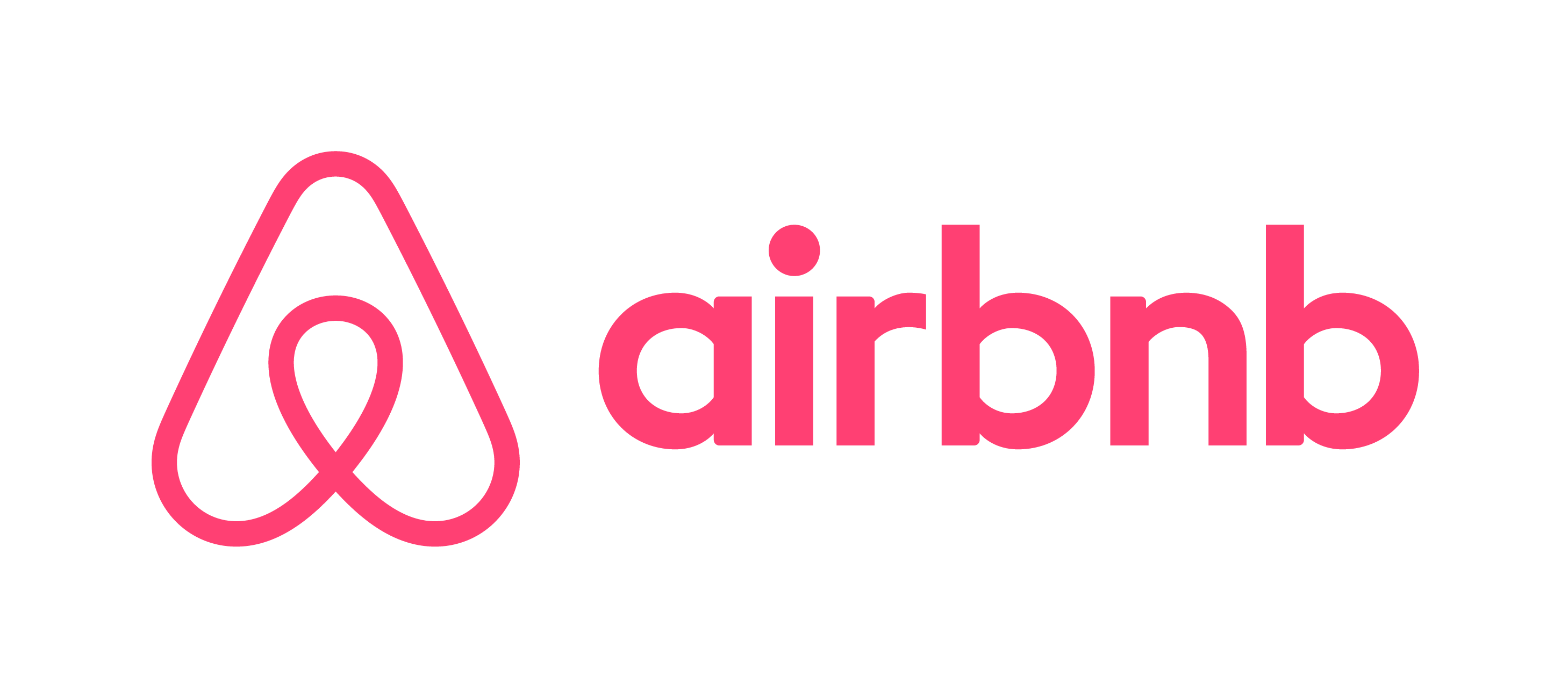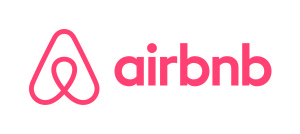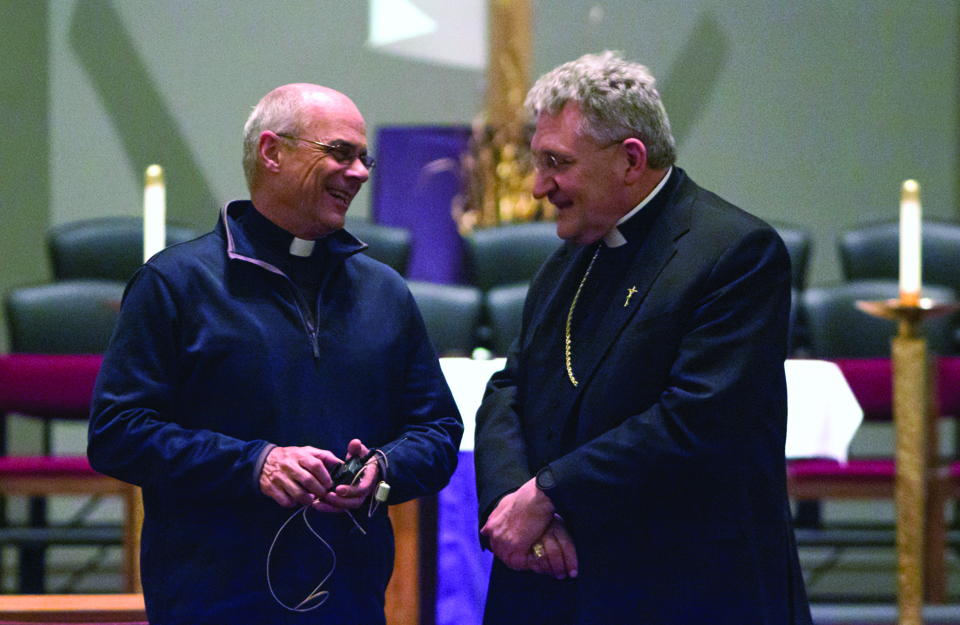

Airbnb allows users to rent out portions of their homes to guests. It’s like the “Uber” of houses.
By Kaye Burnet | News Editor
Daven Deng is used to sharing his South Side Slopes apartment with strangers.
The 40-year-old University of Pittsburgh visiting scholar from Shanghai is a frequent host with the house-sharing website Airbnb, which allows its users to rent our their homes and apartments to visitors, much like a hotel version of ride-sharing companies such as Lyft and Uber.
With the holidays and December graduation approaching, many Duquesne families will be looking for lodging in the Pittsburgh area, and with more than 200 Airbnb listings within an hour’s drive of Duquesne, it might be a tempting options for many travelers.
According to the Airbnb website, the average cost of a listing near Pittsburgh is $122 per night, with prices ranging from $27 for the lower half of a bunk bed on the North Side to $450 for an entire two-bedroom house in Shadyside.
Deng’s apartment is somewhere in-between. For $35 per night, one guest or a couple can have a queen-sized bed on the second floor of his apartment, next to his kitchen. The apartment is clean and comfortable, if somewhat older.
For Deng, Airbnb is not about the money.
“[I make] a very small amount of money, but I like to meet people,” Deng said. “I have met lots of people — [from] more than seven different countries.”
Deng, who is on a one-year sabbatical from his position as an art professor at Shanghai University, said Airbnb gives him an opportunity to practice his English and meet new people.
“It is hard to meet new people, when I am doing research all the time,” Deng said. “I am used to having classes of students, but here I must find new friends.”
Airbnb is not without its controversy, though. Like Lyft and Uber, Airbnb has puzzled local governments, who are not sure how it fits into legal frameworks such as the tax code.
According to Allegheny County regulations, Airbnb hosts must pay a 7 percent occupancy tax, the same tax paid by all hotels in the area. Failure to pay those taxes could result in lengthy court-battles over back-taxes, according to a July article in the Pittsburgh Post-Gazette.
According to Deng, there is a high demand for Airbnb residences in Pittsburgh.
“I get at least one guest per week,” he said. “Sometimes, people rent out the apartment while I’m traveling, and I never even get to meet them.”
Safety has never been as issue, according to Deng, who said his guests have always been very respectful. Much like Lyft and Uber, Airbnb gives users the opportunity to rate each other, which provides some quality control.



